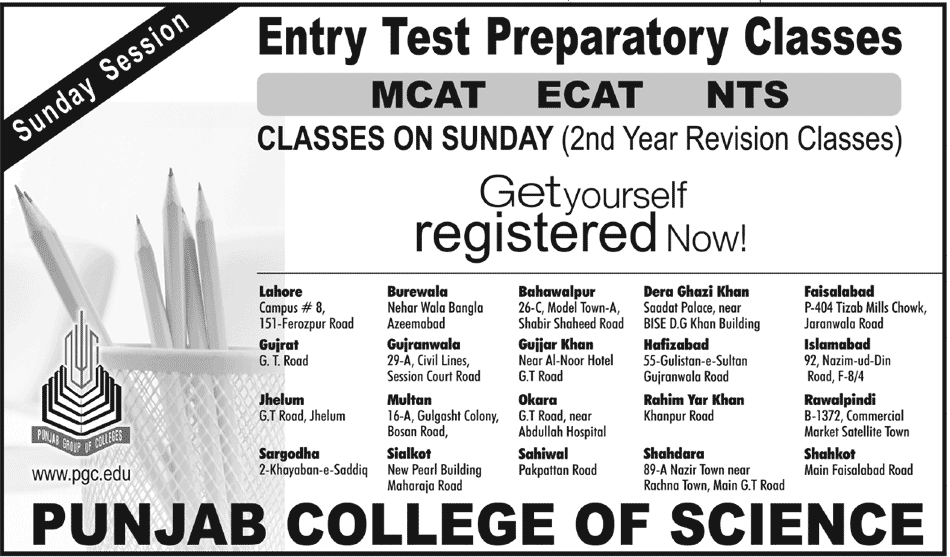If you’re planning to take the IELTS and don’t want to spend a fortune on coaching, let me tell you this you absolutely can prepare at home and still hit your target band. I did just that. Without stepping into a single coaching center, I managed to get a Band 8, and all it took was structure, the right resources, and a bit of stubborn consistency.
Whether you’re eyeing the academic version to study abroad or the general test for migration purposes, here’s a practical roadmap based on what worked for me (and many others I know).

Understand the Test Before Anything Else
Trust me, before you even pick up a book, understand what you’re dealing with. IELTS tests you across four sections:
-
Listening (30 mins) – Four recordings, 40 questions
-
Reading (60 mins) – Three passages, 40 questions
-
Writing (60 mins) – Two tasks (essay + letter or report)
-
Speaking (11–14 mins) – A one-on-one interview
There are two types:
-
Academic – For university admissions
-
General Training – For work/migration purposes
👉 Pro tip: Your final band score is an average of all four modules. Most universities or immigration programs expect 6.5 or above, often with no band lower than 6.0.
Why I Chose to Prepare at Home
I’ll be honest—I looked into coaching centers, but the rigid timing and one-size-fits-all approach didn’t appeal to me. At home, I had:
-
Freedom to build my own schedule
-
Unlimited access to online resources
-
No pressure to “keep up” with a class
-
The chance to double down on areas I personally struggled with
But yeah—it does require discipline. No shortcuts here.
My Step-by-Step Strategy for Self-Study
Step 1: Know What You Need
Start by figuring out your goal:
-
What score do you need? (e.g., Canadian PR needs 6.0+ in each module)
-
Are you taking the Academic or General test?
Write this down. It becomes your anchor during preparation.
Step 2: Take a Mock Test First
Before you study anything, take a full-length mock test.
When I did mine, it was a reality check. I learned where I stood and which modules needed extra work. My reading and listening were strong, but writing? Oof. I was stuck at Band 6.
This step helps you:
-
Understand the test pattern
-
Spot weak areas
-
Build a prep timeline (mine was 6 weeks)
Step 3: Build a Weekly Study Plan
Break your study into chunks. Here’s what my routine looked like:
-
Vocabulary: 10–15 new words per day
-
Listening: 3 days/week (BBC podcasts, TED Talks, practice tests)
-
Reading: 3 days/week using Cambridge books
-
Writing: Two essays + one letter/report per week
-
Speaking: Alternate days – I recorded answers or practiced with a friend on WhatsApp
Time invested: 2 to 3 hours per day, 5 to 6 days a week.
Step 5: Practice All Modules Weekly
Here’s how I handled each section:
-
Listening: Practice under timed conditions. I used old British Council test recordings.
-
Reading: Focus on skimming/scanning. Set a timer. Push yourself.
-
Writing: Structure is everything. Introduction, body, conclusion. Keep it simple.
-
Speaking: Record yourself. You’ll be surprised how much you can improve just by reviewing your own answers.
Step 6: Do Full Mock Tests (Non-negotiable)
I did three full mock tests in the last two weeks before my actual test. I wore a watch, printed the papers, and sat in total silence. These helped with:
-
Time management
-
Mental stamina
-
Reducing test-day anxiety
FAQs
Q: Can I really get a Band 7+ without coaching?
A: Yes! I did. So have thousands of others. It’s about consistent effort and using the right tools.
Q: How long should I study?
A: Depends on your level. I studied 6 weeks, 2–3 hours a day. If you’re rusty, go for 8–10 weeks.
Q: What’s the best time to book the test?
A: When you’re scoring your target band in at least two full-length mocks. Don’t rush it.
Q: Do I need to speak like a native to ace Speaking?
A: Nope. Just be clear, confident, and coherent. Use simple vocabulary and stay on topic.
Q: Can I prep using just a phone?
A: Yes but balance it with paper-based reading and writing practice. The exam isn’t 100% digital.
Preparing for IELTS at home isn’t just doable it might even be better than coaching. You have control over your time, pace, and resources. But don’t expect magic. I’ve seen people give up midway just because they didn’t follow a plan.
I’ll say this from personal experience: if you show up every day with even 2 hours of focused effort, you’re going to make progress. One module at a time. One mistake at a time








i need a person which give IELTS test instead of me if anyone has information
please help me i can find a person who pass the test .
thanks
sirajulhaq ghiasi
sir hum ko visa asani se mil jata ha is ko krne ke bad
u r right 🙂